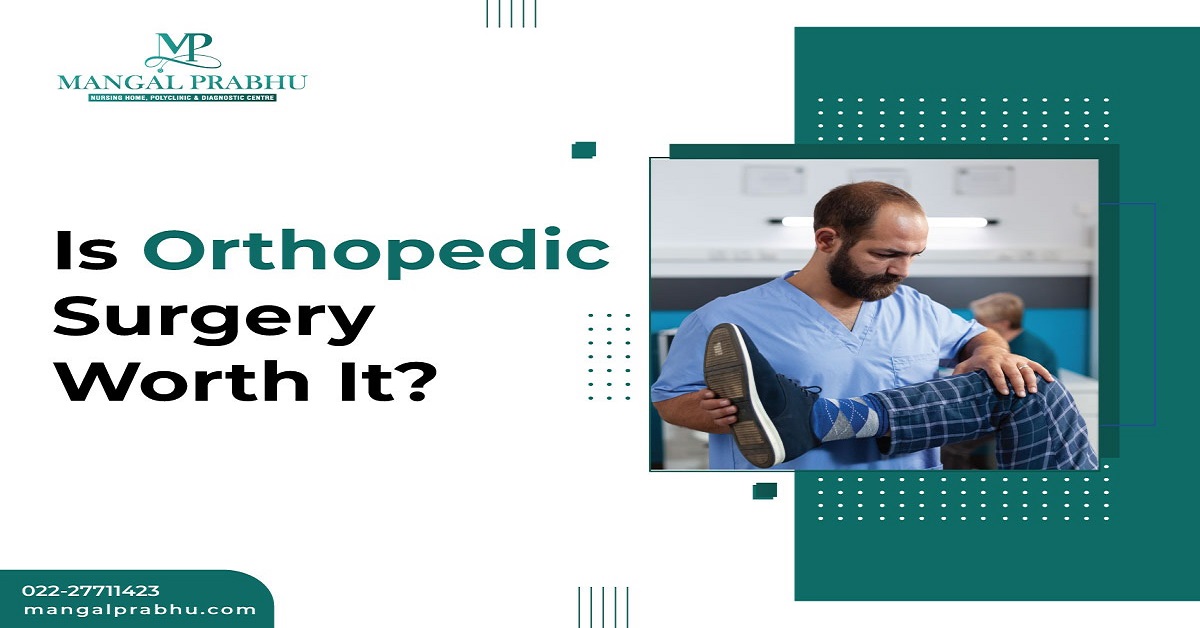
What Is Orthopedic Surgery?
Orthopedic is the area of medicine that focuses on the evaluation, treatment, and preventive measures of issues and injuries of the musculoskeletal system, which includes the bones, joints, muscles, tendons, and ligaments that provide support, stability, and movement to the body. Orthopedic conditions can vary from minor injuries, such as sprains and strains, to more severe conditions, such as arthritis, osteoporosis, and degenerative disc disease.
Types of Orthopedic Treatment:
Orthopedic experts, commonly known as orthopedic surgeons are medical doctors who specialize in the diagnosis and treatment of these conditions. They are trained to administer a variety of techniques to treat orthopedic conditions, including non-surgical and surgical approaches. Non-surgical treatments include physical therapy, medications, and orthotic tools, such as braces or casts, that help support and immobilize affected areas in the body. The surgical treatments include procedures such as joint replacement, spinal fusion, and arthroscopic surgery.
According to an Orthopedic Hospital in Navi Mumbai, these procedures are typically used for more severe conditions that do not respond effectively to non-surgical methods. Let us understand if this type of surgery is necessary and if it is worth it.
The decision of whether or not orthopedic surgery is worth it depends on various factors such as the specific condition that is being treated, the severity level of the condition, the patient’s overall health condition and lifestyle, and the potential risks and benefits of the surgery.
Advantages of Orthopedic Surgery:
In many cases, an orthopedic surgery can be highly effective in relieving pain, improving mobility, and restoring function to the affected area. As per an example given by one of the best Orthopedic Surgeon in Navi Mumbai, joint replacement surgery, such as a knee or hip replacement, can be life-changing for people with serious arthritis or joint damage, allowing them to regain mobility and live a higher quality of life.
Risks & Benefits of Orthopedic Surgery:
However, like any surgery, there are risk factors associated with orthopedic surgery, including infection, bleeding, and anesthesia complications. In addition, recovery from orthopedic surgery can be a lengthy process and can require a significant commitment to physical therapy and rehabilitation.
It’s important for patients to weigh the potential risks and benefits of orthopedic surgery and to have realistic expectations about the result of the surgery. People should first gain full understanding and knowledge from their orthopedic surgeon about the procedure, potential risks, and the recovery process.
Conclusion:
In many cases, non-surgical treatments such as physical therapy, medications, and lifestyle alterations can be impactful in managing orthopedic conditions and improving symptoms and surgery may not be required. But, the decision of whether or not orthopedic surgery is worth it is highly dependable on the individual’s condition and such a decision should be made in consultation with a qualified orthopedic surgeon.

